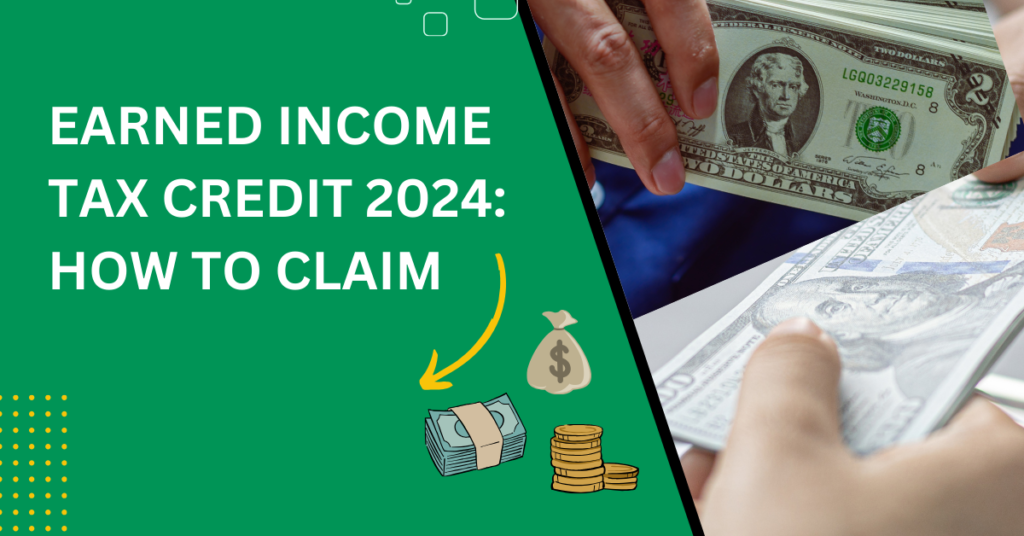The Earned Income Tax Credit (EITC) is a tax benefit designed to help people with low to moderate income. Originally, it was created almost 49 years ago to support working-class families raising children, but now, even people without kids can qualify. In 2024, if you qualify for the EITC, you could get a credit worth up to $7,830, which might increase your tax refund or reduce the amount you owe to the IRS. Let’s understand how it works and whether you qualify.
Why the EITC is Important
The EITC is a refundable credit. This means that even if you don’t owe any taxes, you could still get money back. Unlike other tax credits that only reduce what you owe, the EITC can increase your refund. This credit can significantly boost your tax refund, potentially adding thousands of dollars to your pocket.
How Much Can You Get from the EITC?
The amount you receive depends on your income and the number of children you have:
- No Kids: Up to $632
- 1 Kid: Up to $4,213
- 2 Kids: Up to $6,960
- 3 or More Kids: Up to $7,830
Do You Qualify for the EITC?
To qualify for the EITC, you must meet the following criteria:
- You need to have earned income from a job, self-employment, or other forms of work.
- You, your spouse (if filing jointly), and any children you’re claiming must have Social Security numbers.
- You can use any filing status except Married Filing Separately.
- Your income must be below a certain threshold, which varies depending on your filing status and number of children.

What Counts as Earned Income for the EITC?
Earned income includes:
- Wages or salary from a job.
- Income from self-employment.
- Tips.
- Income from side gigs or freelance work, including those reported on a 1099-K form.
What Doesn’t Count as Earned Income?
Certain types of income do not count towards the EITC, including:
- Interest and dividends from investments.
- Passive income (like rental income).
- Retirement income, pensions, or annuities.
- Social Security benefits.
- Unemployment benefits.
- Child support payments.
Things to Keep in Mind About the EITC
- You need to have earned income to claim the EITC: If you didn’t work and have no earned income, you won’t qualify.
- You must claim the EITC each year: The credit does not automatically apply just because you qualified last year. The IRS will not flag your return if you are eligible but didn’t claim it.
- Be accurate when filing: If you qualify, make sure all the required information is correct on your tax return. Errors could delay your refund or cause issues with the IRS.
FAQs About the EITC
Can You Get the EITC Without a Child?
Yes, you can still qualify for the EITC even if you don’t have children, as long as you meet the income and other eligibility requirements.
When Will the IRS Release Refunds with the EITC?
Refunds involving the EITC are typically not issued before mid-February due to additional fraud checks required by federal law.
Who Can Claim the EITC in a Divorce or Separation?
Usually, the custodial parent (the parent the child lives with for more than half the year) claims the EITC, unless there’s an agreement stating otherwise.
Are There Any Recent Changes to the EITC?
There are no major changes for the 2024 tax year, but life changes like a new job, change in income, or change in custody can affect your eligibility.
